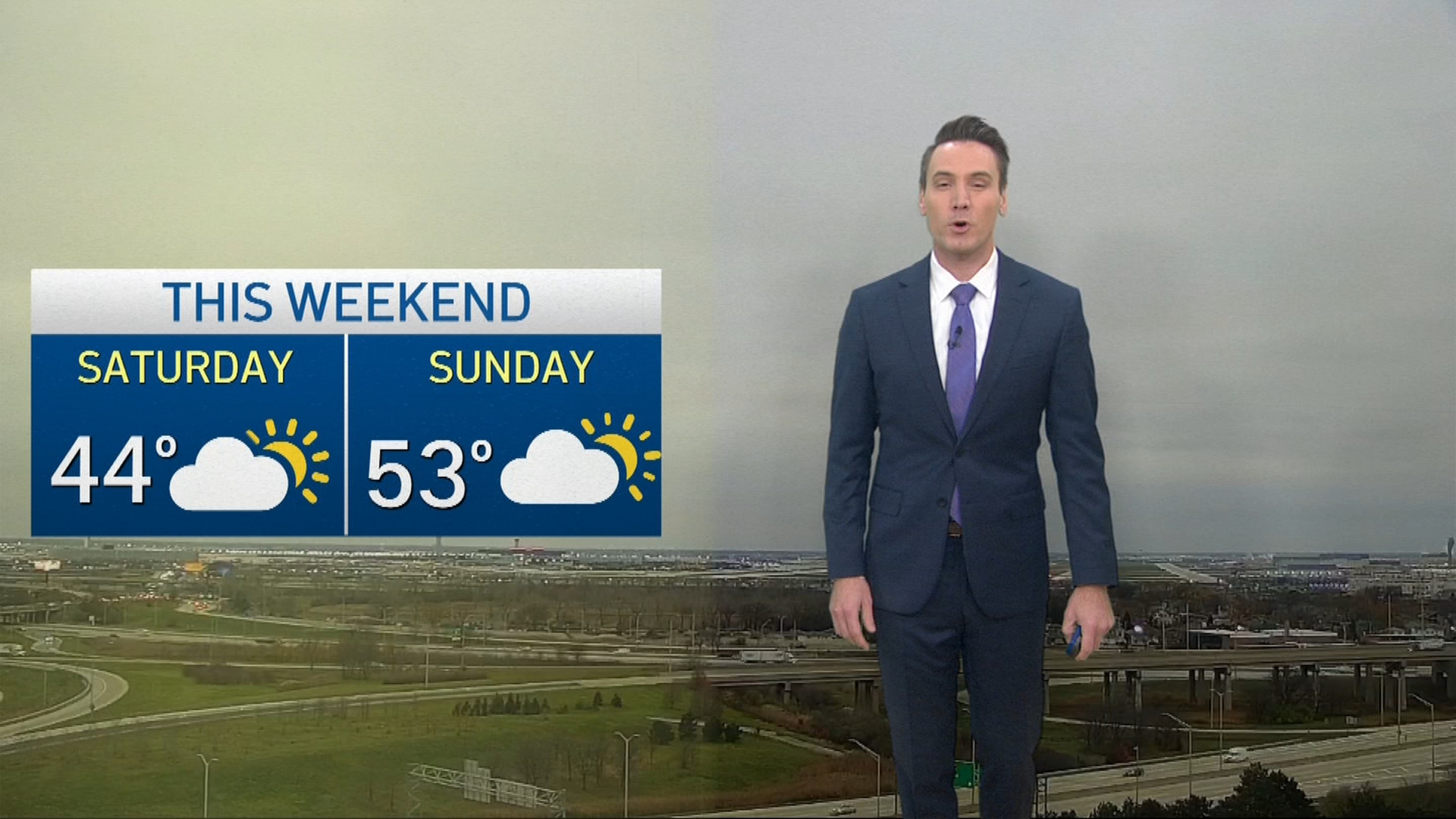Chicago's first snowfall of the season arrived this week, but while the first taste of winter weather finally hit, it doesn't mean the season is officially here.
The actual start of winter may be later than you think.
Here's what to know:
When does winter start?
The answer to this question depends on which "start to winter" you recognize.
Meteorological winter - which is used by meteorologists to describe the three months of December, January and February - will start on Dec. 1. This description is used as a way to monitor weather patterns.
But the more commonly used astronomical winter starts much later.
That day comes on what is known as the winter solstice, which is set for Dec. 21 this year. The solstice itself will take place at 3:21 a.m. CST.
What is the shortest day of the year?
Feeling out of the loop? We'll catch you up on the Chicago news you need to know. Sign up for the weekly Chicago Catch-Up newsletter.
The solstice typically falls on either Dec. 21 or Dec. 22 in the Northern Hemisphere and marks the "shortest day" of the year, or the day with the least amount of sunlight.
This does not, however, mark the earliest sunset.
According to Time and Date, that will actually fall earlier in December, when the sun sets at 4:19 p.m. CST on Dec. 13.
So why is Dec. 21 shorter? Because sunrise times will also continue getting later throughout the month of December, making for fewer hours of daylight in between.
What is the winter solstice?
According to the Farmer's Almanac, the winter solstice is when the earth is "tilted as far away from the Sun as possible, which means that the Sun’s path across the sky is as low in the sky as it can be."
"We often think of the winter solstice as an event that spans an entire calendar day, but the solstice actually lasts only a moment. Specifically, it’s the exact moment when a hemisphere is tilted as far away from the Sun as possible," the Almanac reported.
In fact, if you stand outside at noon on the solstice day, you shadow will be "the longest shadow that you'll cast all year."
What will winter look like for Chicago this year?
According to the National Oceanic Atmospheric Administration's latest winter weather outlook for 2024-25, which says a "La Niña" winter is expected, which would ultimately result in a "wetter than normal" winter in the Great Lakes, especially in parts of Wisconsin, Illinois and Indiana.
According to Kevin Jeanes, the predictions are a far cry from the Chicago winter of 2023-24 -- an El Niño winter -- which wound up to be the fourth warmest winter on record.
The winter precipitation outlook for the Chicago area is expected to be above average, Jeanes said.
For 2024-25, the big question will be whether or not temperatures will cause that precipitation to fall in the form of rain or snow.
According to Jeanes, NOAA predicts "equal chances" of temperatures being above or below average. Across the Northwest however, a much colder winter is expected, Jeanes noted.



